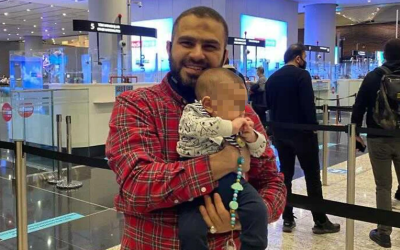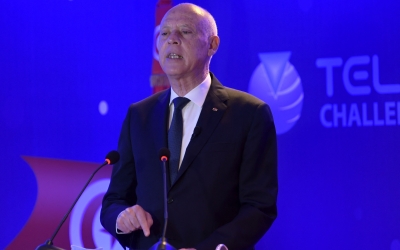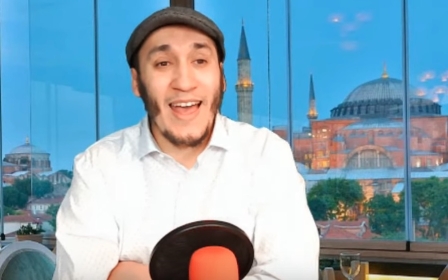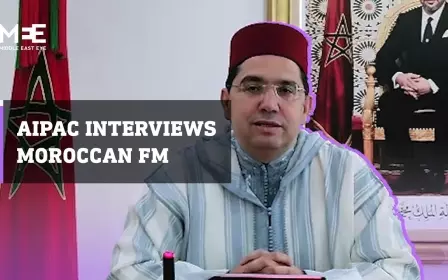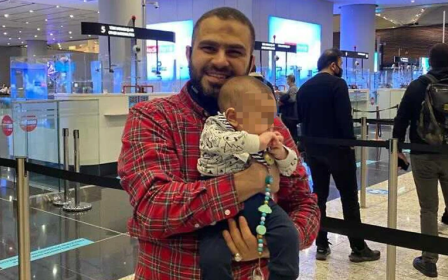Arabic press review: Rabat landlords refuse to rent Israel's Morocco envoy a flat
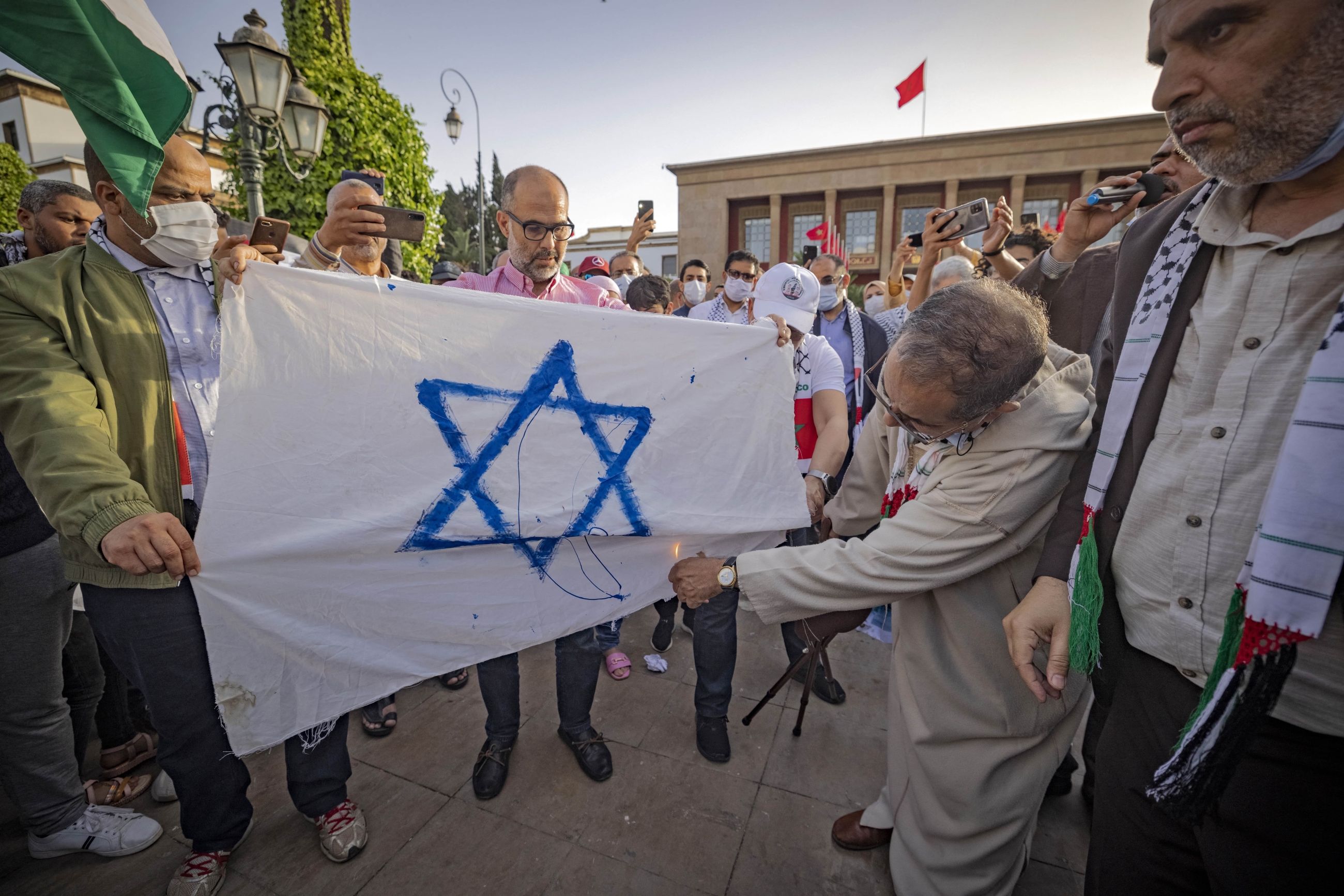
Israel's envoy in Morocco can't find a house to rent
Owners of apartment compounds in Morocco's capital, Rabat, have refused to rent out flats to the head of Israel's liaison office in Morocco, David Govrin, Assahifa reported.
"The agency hired to find accommodation for Govrin found an appropriate residence in a residential compound in an upscale area in Rabat, and Govrin agreed and thought that the flat had the required security measures," reported the newspaper. "However, the problem was that the owners categorically refused to rent their properties to the Israeli diplomat as soon as they knew who he was."
According to a Moroccan source, the same thing "happened in other residential compounds in the same area".
"Flat owners in the Zu'air Road residences preferred from the beginning to stay away from the controversy and the security pressures expected to be imposed on the neighbours if they agreed to lease a flat to David Govrin," the source added.
The Israeli diplomat is currently staying in a Rabat hotel, Assahifa reported. The Israeli liaison office in the capital has not yet been inaugurated, pending the issuance of an entry visa for the technical team of the Israeli foreign ministry.
Morocco became the fourth Arab country to conclude a normalisation agreement with Israel in 2020, after the UAE, Bahrain and Sudan.
Govrin would become Israel's ambassador to Morocco if full diplomatic ties were established.
Tunisia to cancel entry visa requirements for Palestinians
Tunisian Foreign Minister Othman Jerandi says his country is in the process of cancelling entry visa requirements for Palestinians, adding that the decision will require intensive discussions with Palestinian political leadership, Al-Quds Al-Arabi reported on Monday.
The minister's statement came amid a Hamas delegation visit to Tunisia, during which a number of the Palestinian movement’s leaders met Tunisian officials.
During a parliamentary session, Ennahda MP Jamila Alekseksi revealed that a group of deputies have prepared a parliamentary petition to call for the measure, which will be submitted to the foreign ministry, according to the London-based newspaper.
“Palestinians wishing to visit Tunisia face many challenges to obtain entry visas, given the fact that they are subjected to a selection process based on political and partisan considerations, which applies to diplomats as well," Alekseksi said.
"Those who hold a diplomatic passport in Ramallah enter Tunisia without a visa, while those who have the same passport in Gaza are required to obtain a visa. The political, humanitarian and security situation requires us to open our doors to the Palestinians, and treat them at least like the Jordanian brothers who enter Tunisia without a visa."
The Ennahda MP also called on the authorities to increase Tunisia’s diplomatic representation in Gaza, while stressing "the necessity of opening a consulate there so that Tunisia can play a greater role in Palestine".
"Tunisia is inclined to cancel visas for Palestinian citizens," Jerandi responded, noting that Tunisia has requested a joint meeting with Palestinian counterparts to discuss the matter.
"Palestinians are always welcome in Tunisia," he added.
Qatar offers Washington-Hamas mediation
The spokesperson for the Qatari Ministry of Foreign Affairs, Lolwah Al-Khater, has said that Doha is ready to mediate between regional powers, be they Washington and Hamas or Iran and Saudi Arabia, in an interview with Sputnik News.
Regarding the possibility of hosting a meeting between Washington and Hamas in Doha, Al-Khater said, "Qatar is open to mediation whenever it is requested to do so, out of its belief in the importance of mediation to establish international peace and stability."
The United States classifies Hamas as a terrorist organisation. The group won Palestinian legislative elections in 2006.
Al-Khater also said that Qatar's potential hosting of talks between Iran and Saudi Arabia "has not been raised". The diplomat added: "But we welcome this, as we have repeatedly emphasised that dialogue with Iran is necessary to reach a consensual formula for peaceful coexistence in the region that takes into account the concerns of the Gulf and Arab countries".
Middle East Eye delivers independent and unrivalled coverage and analysis of the Middle East, North Africa and beyond. To learn more about republishing this content and the associated fees, please fill out this form. More about MEE can be found here.


